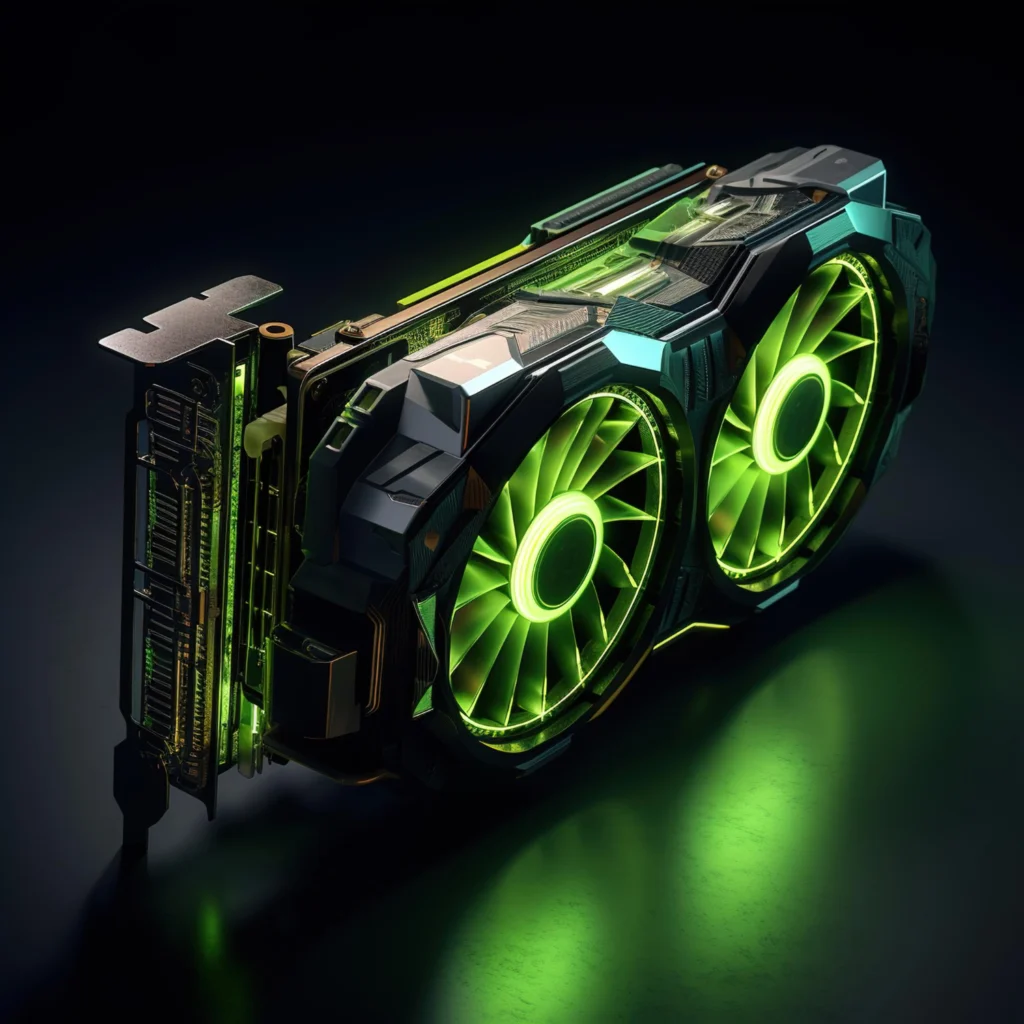Nvidia Caught in the Crossfire of US–China Tariff Politics
Nvidia is facing fresh trouble in China as the government has decided to restrict sales of its H20 chip, a processor specially built for the Chinese market. The move comes shortly after strong remarks from a U.S. official, once again highlighting how political tensions are spilling into the technology sector.
U.S. Commerce Secretary’s Statement
U.S. Commerce Secretary Howard Lutnick said that America only sells China “lower-tier chips,” keeping its most advanced technology restricted. His comments were seen as a sign of Washington’s strict stance on limiting China’s access to cutting-edge semiconductors.

Beijing’s Response
China’s counteraction involves several powerful state bodies, including the Cyberspace Administration of China (CAC), the National Development and Reform Commission (NDRC), and the Ministry of Industry and Information Technology (MIIT). Their decision to curb the H20 chip is being viewed as a strong response to U.S. trade measures.
The H20 chip was specifically designed to meet U.S. export rules while still serving Chinese buyers. Now, with sales blocked in the country, Nvidia finds itself squeezed between two giants—caught in tariff politics that threaten one of its largest markets.
Impact:
These restrictions could pressure Nvidia’s stock and may add volatility in tech-related equities. At the same time, U.S.–China tensions might push global investors toward safer assets until the outlook becomes clearer.

